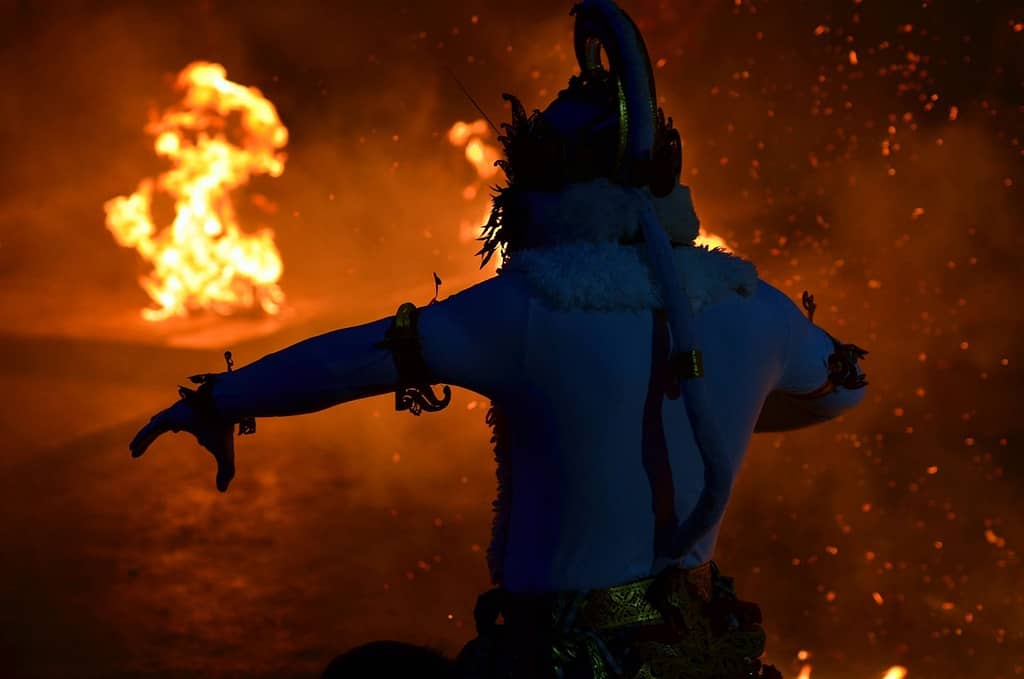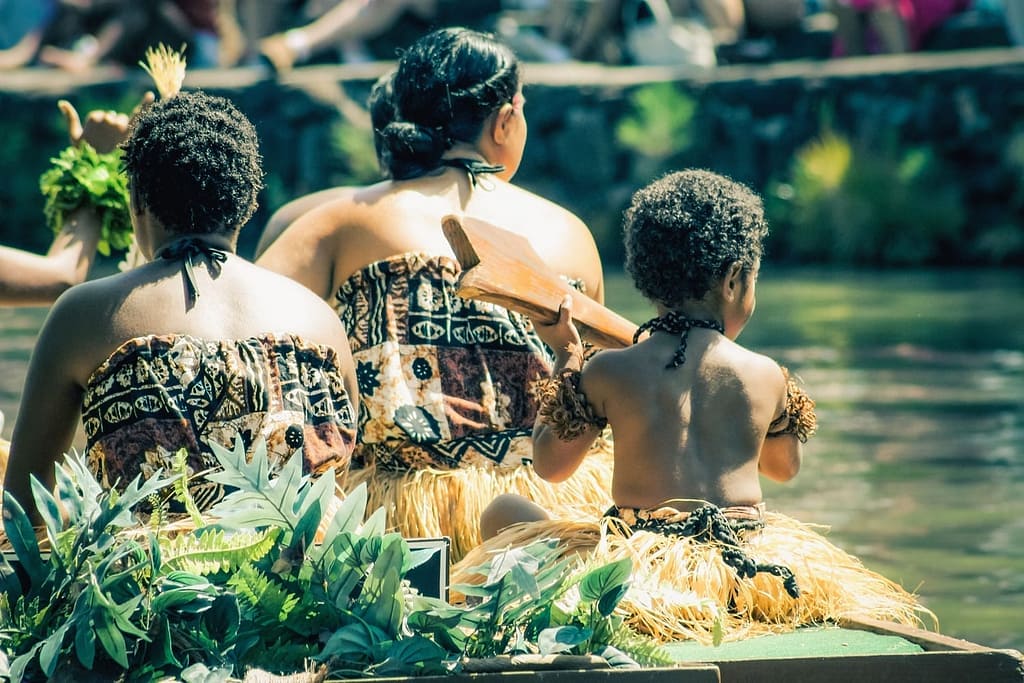We cover four reasons why experiencing different cultures when travelling or on holidays is so beneficial.
Travel is often viewed as a means to an end.
If we travel for business, it’s a way to get from point A to point B. When our goal is accomplished, we return home as quickly as possible.
When we travel for leisure, it’s different. The whole holiday – flights, driving and everything else – is mentally categorised as ‘break time’. From the moment we lock up the house and pile into the car with our luggage, we’re free – no more housework, social obligations or out-of-hours calls that chew through precious family time.
Then we travel to get to our destination. A nice hotel, or maybe a resort. We substitute our own beds for bigger, softer ones. The sounds of our neighbours are replaced by surf crashing on the beach or the hum of inner-city traffic. We eat out, instead of eating in. In lieu of boardroom meetings and imminent deadlines, we chain ourselves to itineraries of ‘see and do’, quickly smashing out a list of attractions and posting relevant pictures to our social media.
There’s nothing wrong with travelling like that. If all you want from your holidays is a break, we understand. Life can be overwhelming, and sometimes those precious weeks of annual leave are all the respite we get.
But if you’re reading this, chances are you’re looking for something more. Something that transcends the traditional idea of travel. Something that lets us tap into the special moments, where awe and serenity fuse to produce our most treasured memories.
Here at Wyndham, we call that something ‘deep travel’. If you’re interested in learning what deep travel is and how to do it, check out our previous article. In this blog, though, we’re talking about the benefits of deep travel – in particular, how absorbing culture while on holidays can help you in lots of different ways.
Without further ado, let’s dive into it.
1. Understanding other cultures helps us develop a better sense of the world

Everything in life is relative. If you’ve never left the Gold Coast, Mount Tamborine probably seems very high to you. But if you’re an avid traveller, you know that it’s actually tiny, especially compared to places like the Southern Alps or Mount Agung.
By travelling, we expose ourselves to different scenarios, which in turn helps us to better contextualise the world.
Culture is no different.
When we encounter a culture that’s even slightly different from our own, we’re forced to challenge our own assumptions about life. Let’s take, for example, the difference between the Western notion of time and the Balinese notion of time. If you’ve never left the shores of Australia, the idea that time might be perceived differently is completely alien. As an adventurer, though, the ability to understand and contrast the two concepts is incredibly useful for broadening your mind.
It doesn’t matter whether you’re travelling to New Zealand, Australia, Fiji, Indonesia, Thailand or somewhere else – deep travelling during your holidays will help you better understand other cultures, which will in turn help put things into perspective.
2. Deep travel can help create rich experiences with locals

Tourists don’t always have the best reputation. With everything from global afflictions like overtourism to drunk Australians behaving disgracefully in Bali, there’s plenty of reasons for locals to view travellers with wariness.
But, normally, that’s not the case. In most parts of the globe, respectful holidaymakers are welcomed by full-time residents. Tourism is a vital industry for many places, and, on top of that, locals often enjoy sharing their experiences and their culture with people from other parts of the world.
If we take the time to talk to the locals – instead of blithely ignoring them on our quest for the next attraction we saw on TripAdvisor – we’re giving ourselves the opportunity to create rich, meaningful connections with people who hold a completely different perspective of our holiday destinations.
3. Deep travel helps educate us about other cultures

Someone once said, “Travel is the best education”, and we’re inclined to agree. It’s like comparing studying at university to working in the field. Having knowledge isn’t the same as having experience – the two serve different purposes, and help us grow in different ways.
Even if you know information about a given culture, missing the experiential aspect means you can’t fully grasp understandings about it. Art, language, cuisine, customs, architecture … these are all things that need to be tasted, to be felt, to be seen and heard.
Think back, and ask yourself what’s stayed with you: the recipe for beef spaghetti you read on the Internet, or that incredible ragù you had one night in Bologna? Grade 10 history class, or the time you gazed in awe at the Colosseum? A book about famous artwork, or that moment you stood entranced beneath the ceiling of the Sistine Chapel?
Life is experience, not knowledge, and there’s no better way to learn about different culture than through travel.
As someone else once said, “Don’t tell me how educated you are. Tell me how much you travelled.”
4. Experiencing other cultures makes us appreciate what we have

It’s a fundamental truth that our appreciation for the familiar is limited. The things we see each day, as incredible as they might be, are too normal for us to really marvel at them. We become acclimated, and, in doing so, we lose our sense of wonder.
Experiencing other cultures can change that. You know that feeling you get when you come home after a long holiday? You had a great time, stayed in a beautiful resort, ate delicious food, but coming home you feel … complete. Home is ours, and that’s what makes it special.
The same goes for culture. Without travel, there’s no point of difference, no contrast to make meaning from. When we encounter a new culture, though, we subconsciously compare our own against it. This doesn’t mean preferring one culture over the other; rather, it gives us a more balanced perspective, which can often lead us to re-evaluate the things we take for granted.
It could be as simple different architecture, or as complex as the way people interact with each other socially. Coming home, you view the ordinary with fresh eyes, making it new again, and therefore appreciable.
What’s your take on absorbing culture through travel? Can you think of any other benefits (or detriments) that we’ve missed? Let us know on social media!
On Facebook or Instagram, #WyndhamHolidays or comment on one of our posts, then comment the name of this article followed by your thoughts. We’d love to hear from you!







